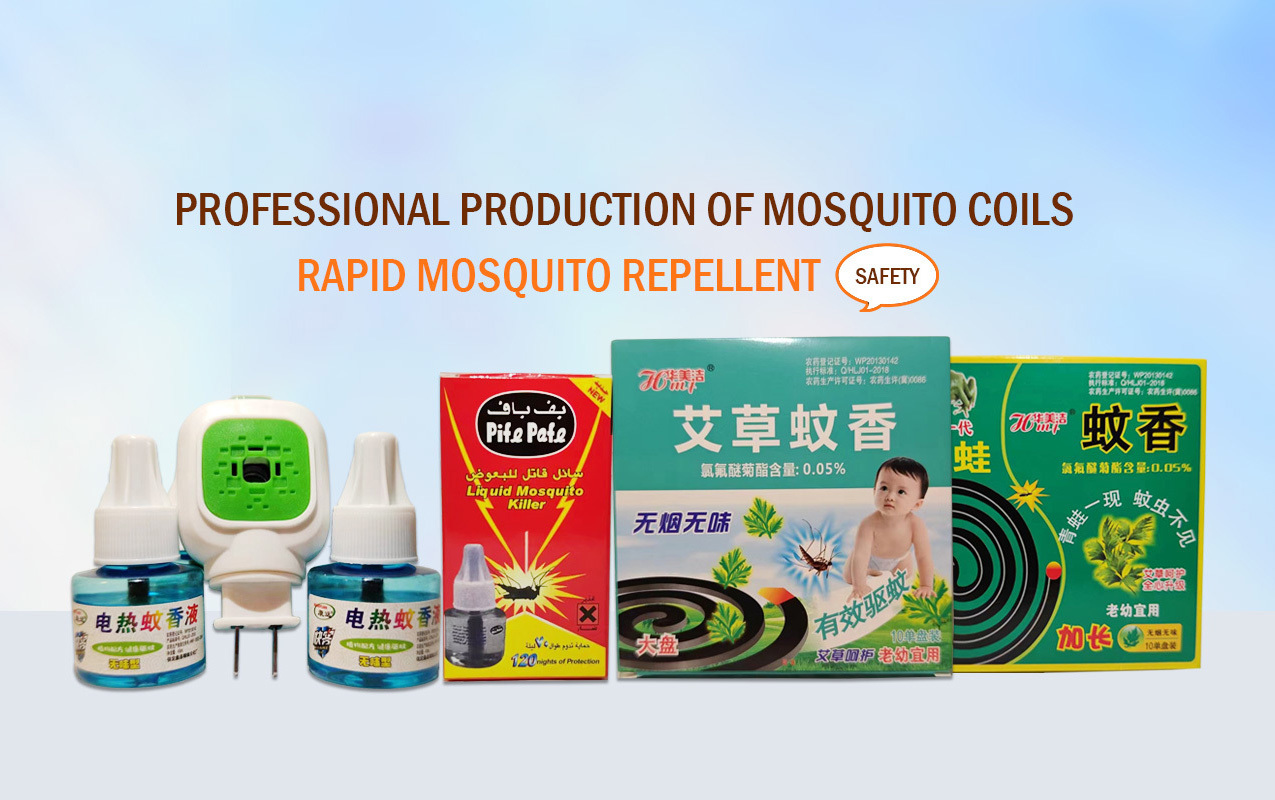Categories

Namei insecticidal aerosol organic insecticides
Good killing effect: the active ingredients in insecticidal aerosol can quickly knock down and kill pests. Easy to carry and use: due to the use of canned design, insecticidal aerosol portable and easy to carry, and easy to use. Work quickly: aerosol can quickly diffuse into the air, the formation of drug mist, quickly kill pests. Diverse choices: There are many formulations of insecticidal aerosols on the market, which are suitable for different types of pest control. Organic insecticides are a type of pesticide that is derived from natural sources and is considered more environmentally friendly and sustainable compared to traditional chemical insecticides. The term "organic insecticides" refers to those products that are made from organic materials or substances that occur naturally in the environment.
Category:
Pnsecticide
Product details
Characteristics of insecticidal aerosol
Good killing effect: the active ingredients in insecticidal aerosol can quickly knock down and kill pests.
Easy to carry and use: due to the use of canned design, insecticidal aerosol portable and easy to carry, and easy to use.
Work quickly: aerosol can quickly diffuse into the air, the formation of drug mist, quickly kill pests.
Diverse choices: There are many formulations of insecticidal aerosols on the market, which are suitable for different types of pest control.
Method of using insecticidal aerosol
Preparation before spraying: close the doors and windows tightly, shake the aerosol evenly, and ensure that the nozzle is unblocked.
Spray operation: direct spray at pests, or spray randomly in all directions of the space after closing doors and windows, so that the room is covered with medicine mist. For flying insects (such as flies, mosquitoes, etc.), the nozzle should be kept at 45 degrees oblique upward spray; for crawling insects (such as cockroaches, bugs, etc.), the aerosol should be evenly sprayed in its haunts, stays, and habitats.
Ventilation: After the spray is completed, wait for a few minutes to kill the pests, and then open the doors and windows for ventilation to reduce the concentration of indoor chemicals.
Organic insecticides are a type of pesticide that is derived from natural sources and is considered more environmentally friendly and sustainable compared to traditional chemical insecticides. The term "organic insecticides" refers to those products that are made from organic materials or substances that occur naturally in the environment.
One of the main advantages of organic insecticides is their reduced impact on the environment. They are often biodegradable and do not persist in the environment for long periods, minimizing the potential for accumulation and negative effects on non-target organisms. This makes them a preferred choice for those who are concerned about the ecological balance and the health of the ecosystem.
These insecticides typically work by various mechanisms. Some may disrupt the nervous system of insects, while others may interfere with their feeding or reproductive processes. They are designed to be selective, targeting specific pests while having minimal effect on beneficial insects, such as pollinators and predators that play important roles in the ecosystem.
Organic materials used in the production of organic insecticides can include plant extracts, essential oils, microbial organisms, and other naturally occurring substances. For example, neem oil is a well-known organic insecticide that has been used for centuries. It contains compounds that have insecticidal properties and can be effective against a wide range of pests.
Another advantage of organic insecticides is that they are often considered safer for human health. While all pesticides should be used with caution and according to instructions, organic options generally have lower toxicity levels and are less likely to cause acute or chronic health problems. This is especially important for people who are sensitive to chemicals or who work closely with pesticides.
However, it's important to note that organic insecticides are not without limitations. They may not be as potent or long-lasting as some traditional chemical insecticides, and may require more frequent applications or a combination of different methods to achieve effective pest control. Additionally, they may not be effective against all types of pests or in all situations.
When using organic insecticides, it's crucial to follow the label instructions carefully. This includes proper application rates, timing of applications, and safety precautions. It's also important to consider other integrated pest management strategies, such as proper sanitation, cultural practices, and the use of physical barriers, to complement the use of insecticides and achieve more sustainable pest control.
In conclusion, organic insecticides offer a more eco-friendly and potentially safer alternative to traditional chemical pesticides. They play an important role in pest management, especially in situations where environmental and health concerns are a priority. By understanding their properties and limitations, and using them in combination with other strategies, we can achieve effective pest control while minimizing the impact on the environment and human health.
Keyword:
Just for you
Get Quotation
To: Baoding Biniu Trading Co., Ltd
Contact Us
Leave Us A Message

